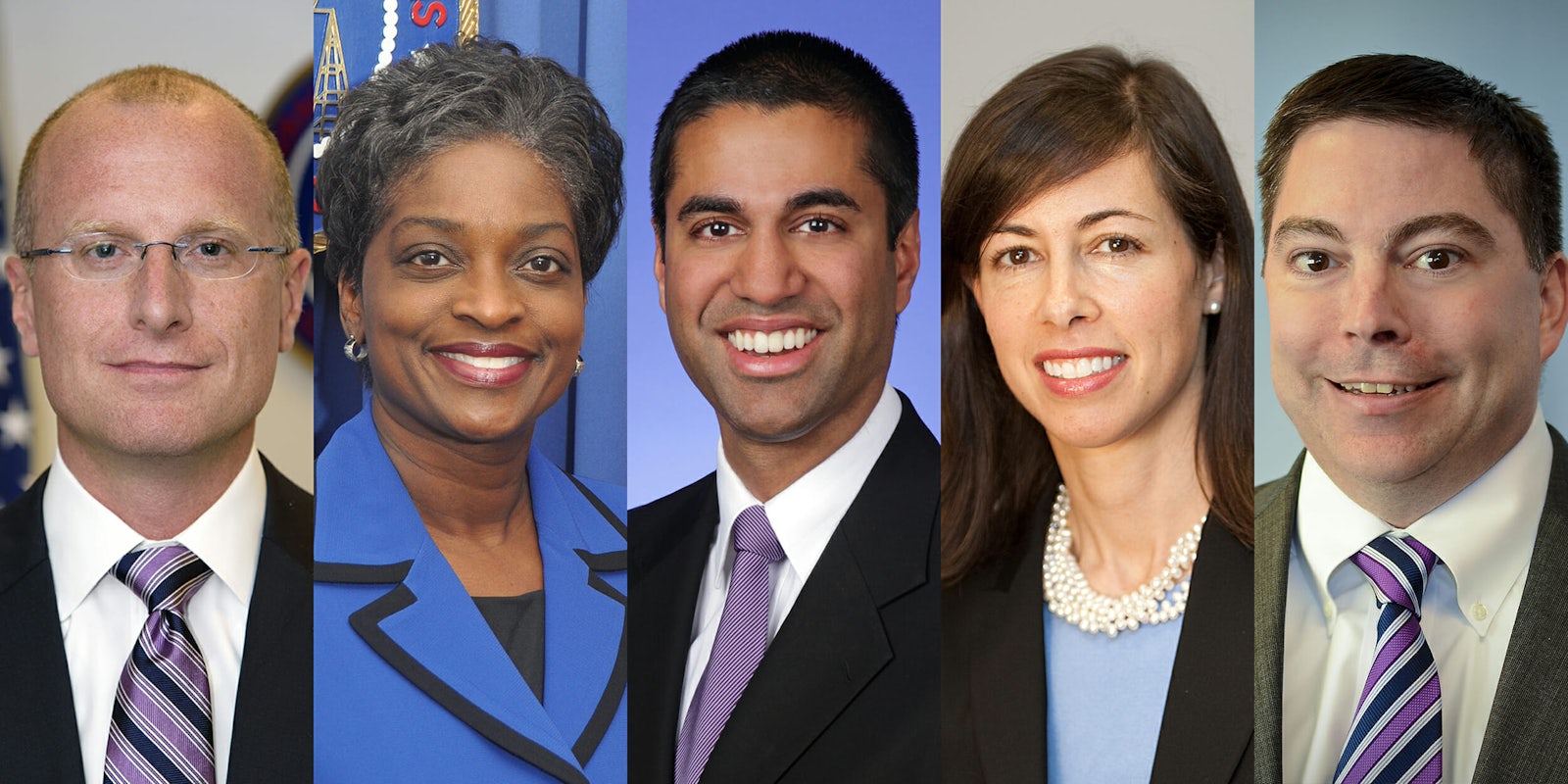More than 4 million public comments, a viral segment from John Oliver, and the advocacy from the likes of Alyssa Milano and Mark Ruffalo may all be for naught: The Federal Communications Commission (FCC) will likely vote to gut net neutrality later this month, a move that, if critics are right, would drastically alter the future of the internet.
On Dec. 14, the FCC will decide whether to undo Obama-era rules protecting net neutrality, a core component of the open internet that ensures internet service providers (ISPs) treat all data that passes through their systems the same.
But a simple return to the status quo isn’t what’s at stake here. Pai’s draft proposal would reclassify broadband providers like Verizon, AT&T, and Comcast from Title II “common carriers” to Title I “information services.” Doing so would release them from the agency’s control. Broadband would no longer be considered a public utility, which would give the industry more freedom from government control. Pai’s proposal would eliminate the ban on broadband providers blocking and slowing down certain applications or websites or charging extra for faster delivery of certain content. The Federal Trade Commission, a vast agency with no authority to make rules on data security, would be the only entity left in charge of ensuring Big Broadband doesn’t take advantage of consumers.
“Last week’s FCC draft order on net neutrality went much further than we ever could’ve imagined in not only reversing Title II, but in dismantling virtually all of the important tenets of net neutrality itself,” wrote investment analysts Craig E. Moffett and Michael Nathanson in a letter to investors.
The FCC, led by its Trump-appointed, Republican chairman, Ajit Pai, will almost certainly swing in favor of killing net neutrality and abandoning much of its authority over broadband providers. But who are the five members of the agency who will vote on the proposal, and is there any chance they could be convinced to save net neutrality?
Here’s what you need to know about each FCC leadership member, their expected vote on net neutrality, and how to contact them.
Ajit Pai
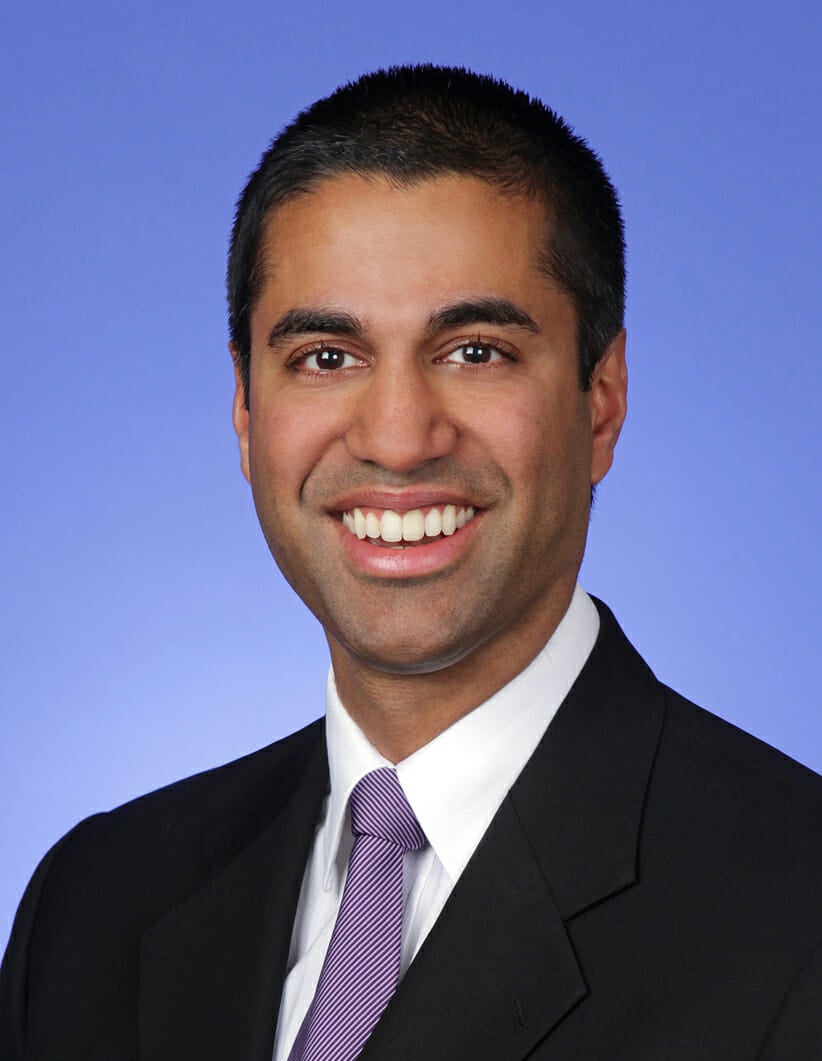
Chairman Ajit Pai has been a vocal opponent of government regulations on broadcasters since he was first appointed to the FCC in 2012. The former Verizon associate general counsel has been a close ally to big telecom companies and criticized the FCC under the Obama-appointed Chairman Tom Wheeler for applying “heavy-handed regulations upon the internet” following its 2015 vote on net neutrality. Pai claimed the case for regulating telecom under Title II existed in “a fact-free zone” back in April.
“Did these fast lanes and slow lanes exist? No. The truth of the matter is that we decided to abandon successful policies solely because of hypothetical harms and hysterical prophecies of doom. It’s almost as if the special interests pushing Title II weren’t trying to solve a real problem but instead looking for an excuse to achieve their longstanding goal of forcing the Internet under the federal government’s control,” Pai said in a speech at the Newseum in Washington, D.C.
Pai has also put forward his own list of “facts” about net neutrality, but most of them have been debunked. For example, Pai believes that net neutrality has resulted in less investment in broadband infrastructure since the rule’s implementation two years ago, but a separate analysis by net neutrality advocacy group Free Press suggests the opposite.
Brendan Carr
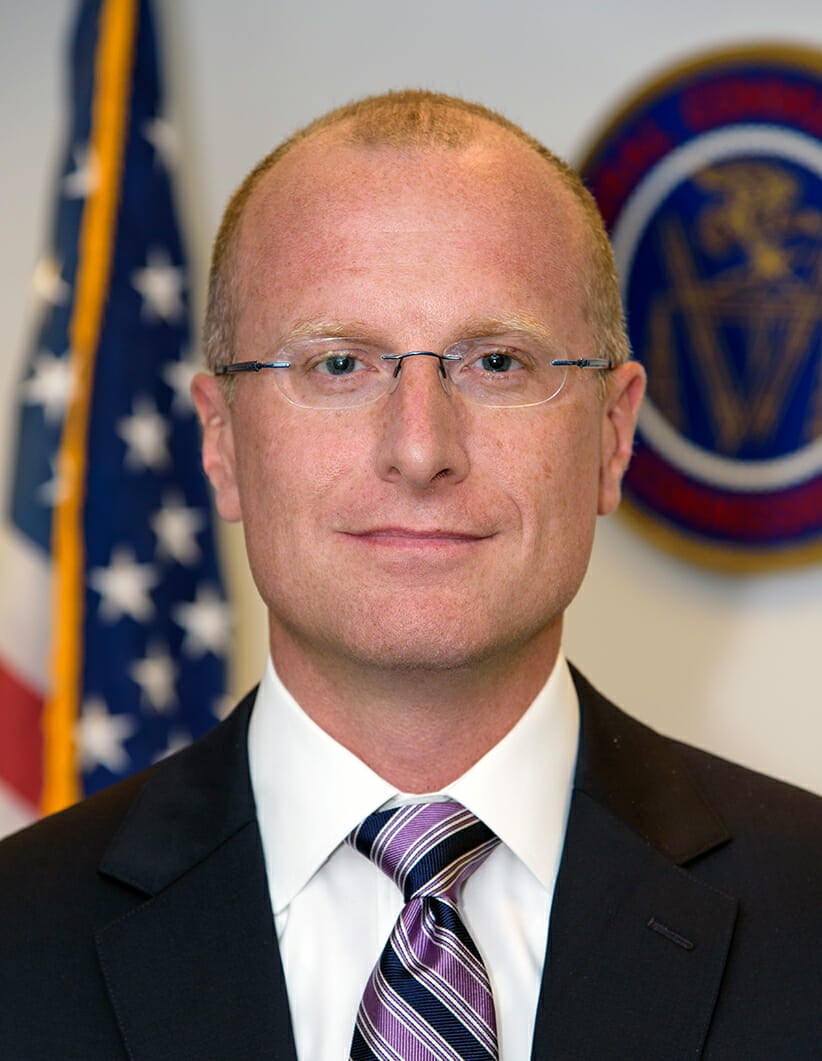
Carr has only been a member of the FCC for a few months, after being confirmed by the Senate back in August. Prior to that, Carr served the general counsel of the FCC and was once Pai’s right-hand man on wireless, public safety, and international issues. Recode notes that Carr was also a telecom lawyer who helped companies like AT&T and Verizon as well as trade associations such as CTIA and USTelecom.
Carr made his allegiance to free-market principles crystal clear during his Senate confirmation hearing.
“In terms of my regulatory philosophy, I believe that the public interest is best served by vigorous competition in the marketplace,” Carr told senators. “But when there are marketplace failures that harm consumers, the agency must take action consistent with the scope of our authority and the direction provided by Congress.”
Mignon Clyburn
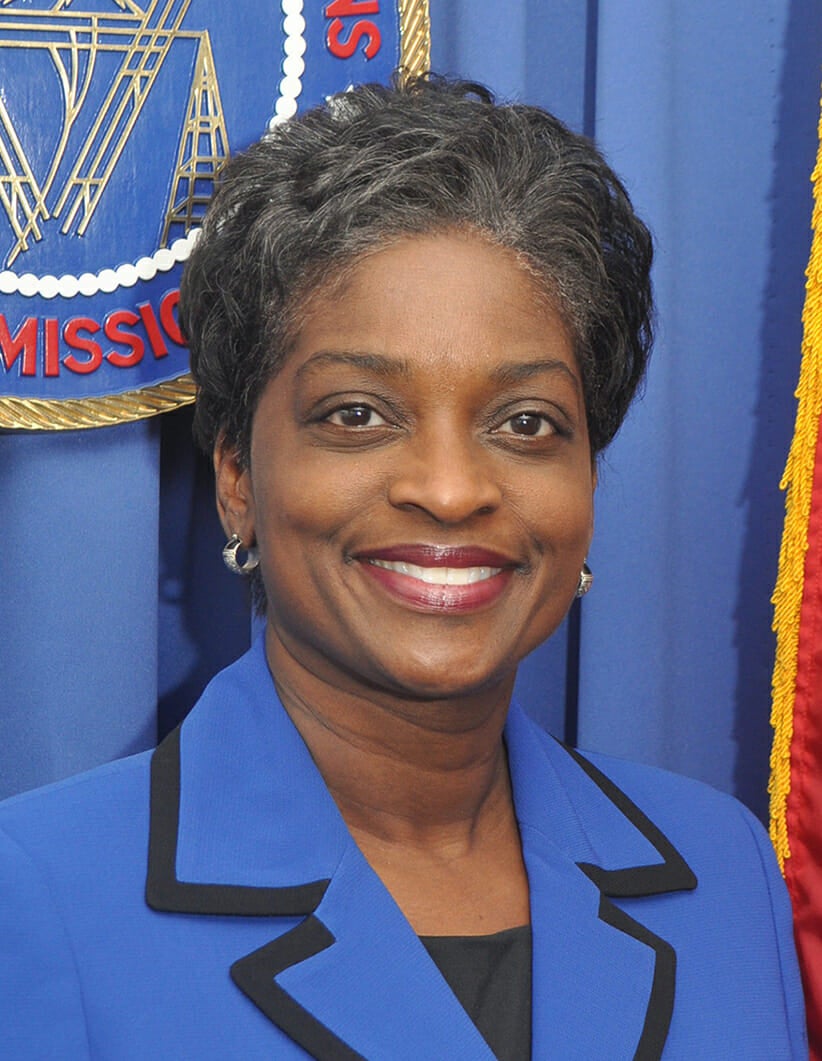
The daughter of Rep. Jim Clyburn (D-S.C.), Clyburn has served as a member of the FCC since being appointed by President Barack Obama and confirmed by the Senate in May 2013. Prior to the FCC, Clyburn served as chair of South Carolina’s Public Service Commission. A former publisher of the Coastal Times, a Charleston-based, African-American newspaper, Clyburn has vocalized the need for the FCC to help increase female and minority ownership of broadcast television and radio stations. Clyburn is a vocal supporter of net neutrality, releasing a two-page “factsheet” that purported to debunk claims made in Pai’s proposal to repeal the 2015 rules.
Text of @AjitPaiFCC’s proposal to dismantle #netneutrality has been released. It’s worse than one could imagine. Confused what it all means? Read my 2-page fact sheet: https://t.co/9xek8r8r8w #SaveNetNeutrality. pic.twitter.com/DivJ4Eawos
— Mignon Clyburn (@MignonClyburn) November 22, 2017
Clyburn criticized the relatively light enforcement on common carriers in an interview with TechCrunch.
“No matter where you stand on the open internet, where you are or how rigid you are, it is clear today that the FTC does not have any authority over common carriers,” Clyburn said. “I don’t know where it’ll be in the future, but as it stands today nobody is the cop on the beat. And for all the other standards that were set to go into motion with the Open Internet Order, complemented by what we’ve done recently, there’s just no cop on the beat.”
Jessica Rosenworcel
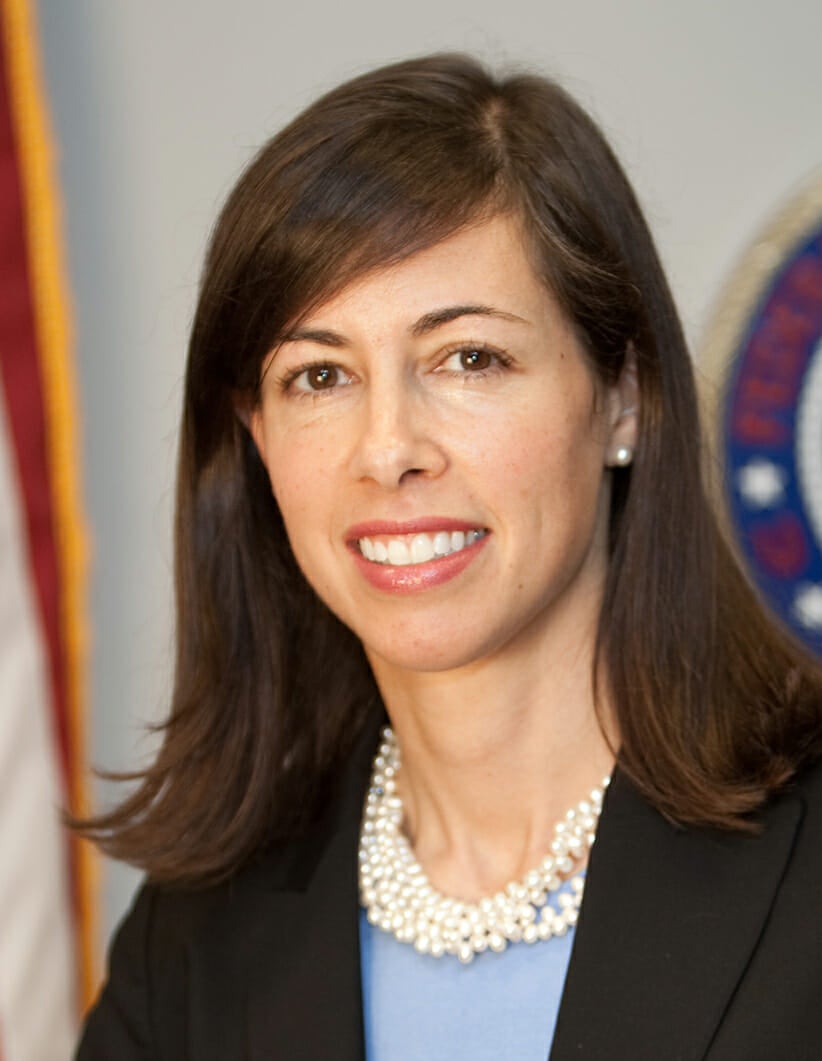
Prior to joining the FCC, Rosenworcel served as senior general counsel in the Senate Committee on Commerce, Science and Transportation and worked in communications law in the private sector. The senior Democrat on the FCC, Rosenworcel has been one of its most vocal members since her appointment in May 2012. Rosenworcel has pushed for expanding broadband access for low-income consumers, faster deployment of 5G wireless service, and closing the “homework gap,” or the number of students without internet access.
Rosenworcel has called out Pai for his bid to dismantle net neutrality and criticized the FCC’s decision to do so without public support.
“There is something not right about a few unelected FCC officials making such vast determinations about the future of the internet. I’m not alone in thinking this,” Rosenworcel wrote in an op-ed for the Los Angeles Times.
Michael O’Reilly

O’Reilly became infamous for declaring broadband internet to “just be a novelty” in his dissent voting against the FCC’s higher benchmark for broadband internet. Prior to joining the FCC in October 2013, O’Reilly spent years as a policy staffer for Republican offices in the Senate, including Senate Republican Whip John Cornyn (R-TX). O’Reilly has been a vocal critic of net neutrality from the beginning. He joined Pai in pledging his support to kill net neutrality in a conference before the R Street Institute and the Lincoln Network.
“Two years ago, the light of Internet freedom was nearly extinguished when the prior Commission majority mistakenly thought it was their duty to enact unnecessary and harmful edicts with the purpose of imposing their will over that of innovators, users, and Internet businesses, small and large,” O’Reilly said in regards to net neutrality. “They thought that the election of the previous President sanctioned the enactment of elitist rule over the Internet. They thought the Internet would only succeed if they created a near omnipotent, unaccountable enforcement regime to troll Internet practices declaring winners and losers like a drunk 1920s NYC cop on the beat.”

